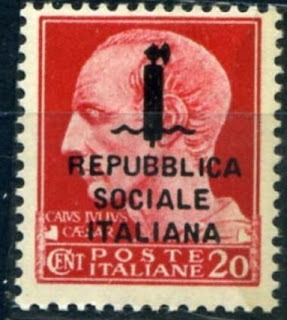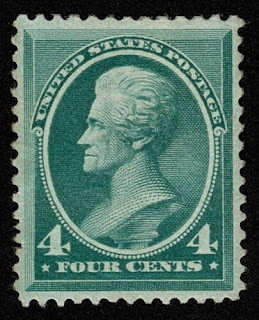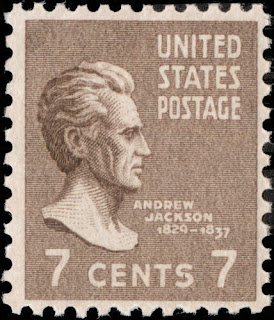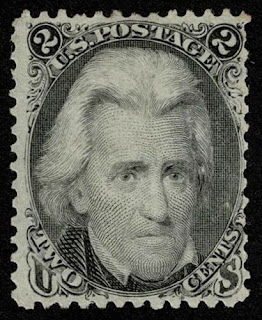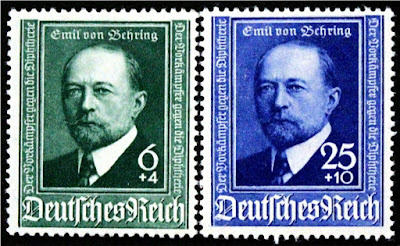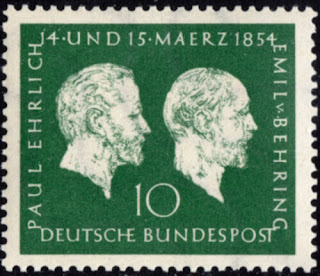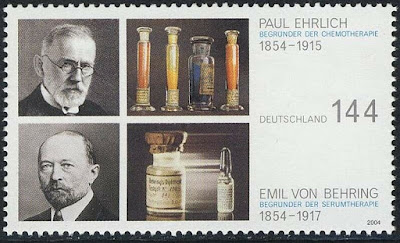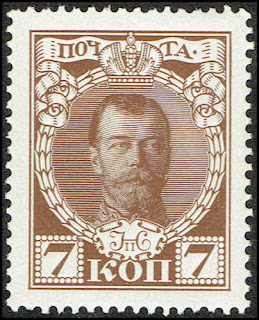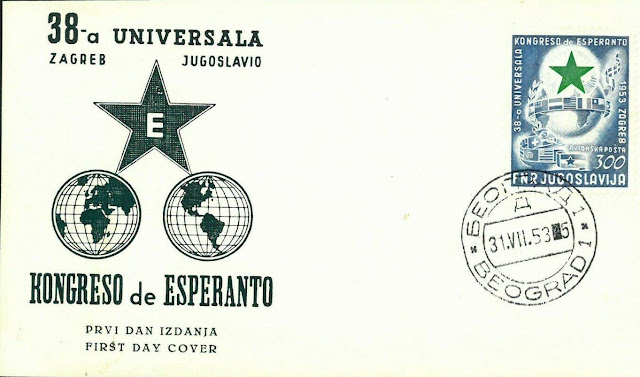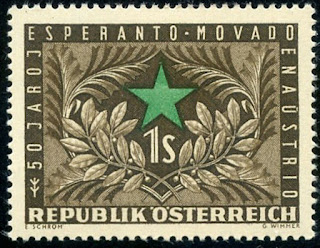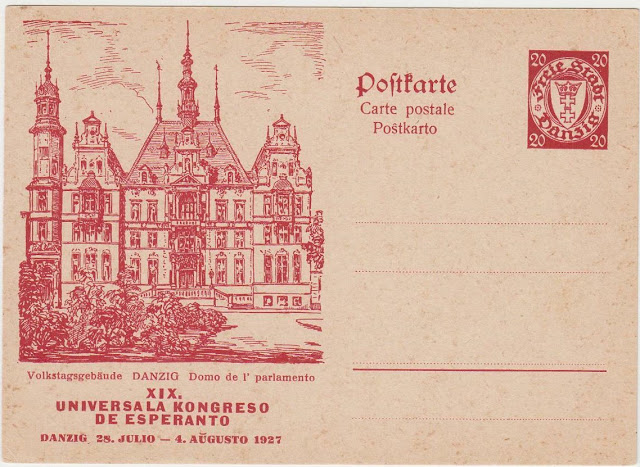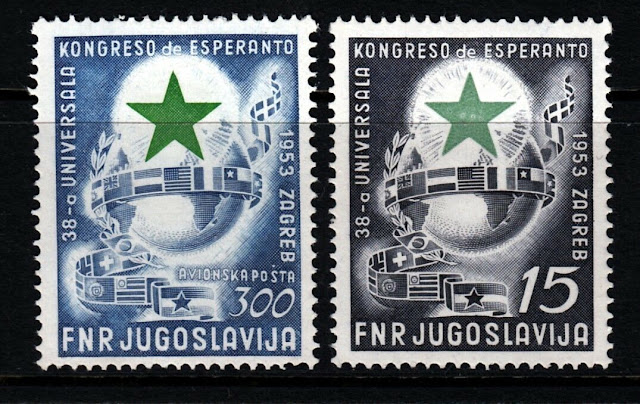44 BC Died: Julius Caesar, Roman general and statesman (b. 100 BC)
Gaius Julius Caesar (12 or 13 July 100 BC – 15 March 44 BC),known by his nomen and cognomen Julius Caesar, was a populist Roman dictator, politician, military general, and historian who played a critical role in the events that led to the demise of the Roman Republic and the rise of the Roman Empire. He also wrote Latin prose
The assassination of Julius Caesar was a conspiracy of several Roman senators, notably led by Marcus Junius Brutus, Cassius Longinus and Decimus Junius Brutus, at the end of the Roman Republic. They stabbed Caesar to death during a meeting of the Senate, which took place in the Theatre of Pompey on the Ides of March (15 March) 44 BC.
1767 Born: Andrew Jackson, American general, judge, and politician, 7th President of the United States (d. 1845)
Andrew Jackson (March 15, 1767 – June 8, 1845) was an American soldier and statesman who served as the seventh president of the United States from 1829 to 1837. Before being elected to the presidency, Jackson gained fame as a general in the United States Army and served in both houses of the U.S. Congress. As president, Jackson sought to advance the rights of the "common man" against a "corrupt aristocracy" and to preserve the Union.
Born in the colonial Carolinas to a Scotch-Irish family in the decade before the American Revolutionary War, Jackson became a frontier lawyer and married Rachel Donelson Robards. He served briefly in the United States House of Representatives and the United States Senate, representing Tennessee. After resigning, he served as a justice on the Tennessee Supreme Court from 1798 until 1804. Jackson purchased a property later known as The Hermitage, and became a wealthy, slaveowning planter. In 1801, he was appointed colonel of the Tennessee militia and was elected its commander the following year. He led troops during the Creek War of 1813–1814, winning the Battle of Horseshoe Bend. The subsequent Treaty of Fort Jackson required the Creek surrender of vast lands in present-day Alabama and Georgia. In the concurrent war against the British, Jackson's victory in 1815 at the Battle of New Orleans made him a national hero. Jackson then led U.S. forces in the First Seminole War, which led to the annexation of Florida from Spain. Jackson briefly served as Florida's first territorial governor before returning to the Senate. He ran for president in 1824, winning a plurality of the popular and electoral vote. As no candidate won an electoral majority, the House of Representatives elected John Quincy Adams in a contingent election. In reaction to the alleged "corrupt bargain" between Adams and Henry Clay and the ambitious agenda of President Adams, Jackson's supporters founded the Democratic Party.
Jackson ran again in 1828, defeating Adams in a landslide. Jackson faced the threat of secession by South Carolina over what opponents called the "Tariff of Abominations." The crisis was defused when the tariff was amended, and Jackson threatened the use of military force if South Carolina attempted to secede. In Congress, Henry Clay led the effort to reauthorize the Second Bank of the United States. Jackson, regarding the Bank as a corrupt institution, vetoed the renewal of its charter. After a lengthy struggle, Jackson and his allies thoroughly dismantled the Bank. In 1835, Jackson became the only president to completely pay off the national debt, fulfilling a longtime goal. His presidency marked the beginning of the ascendancy of the party "spoils system" in American politics. In 1830, Jackson signed the Indian Removal Act, which forcibly relocated most members of the Native American tribes in the South to Indian Territory. The relocation process dispossessed the Indians and resulted in widespread death and disease. Jackson opposed the abolitionist movement, which grew stronger in his second term. In foreign affairs, Jackson's administration concluded a "most favored nation" treaty with Great Britain, settled claims of damages against France from the Napoleonic Wars, and recognized the Republic of Texas. In January 1835, he survived the first assassination attempt on a sitting president.
In his retirement, Jackson remained active in Democratic Party politics, supporting the presidencies of Martin Van Buren and James K. Polk. Though fearful of its effects on the slavery debate, Jackson advocated the annexation of Texas, which was accomplished shortly before his death. Jackson has been widely revered in the United States as an advocate for democracy and the common man. Many of his actions proved divisive, garnering both fervent support and strong opposition from many in the country. His reputation has suffered since the 1970s, largely due to his role in Native American removal. Surveys of historians and scholars have ranked Jackson favorably among U.S. presidents.
US Stamps depicting Andrew Jackson
1854 Born: Emil von Behring, German physiologist and immunologist, Nobel Prize laureate (d. 1917)
Emil von Behring (Emil Adolf von Behring), born Emil Adolf Behring (15 March 1854 – 31 March 1917), was a German physiologist who received the 1901 Nobel Prize in Physiology or Medicine, the first one awarded in that field, for his discovery of a diphtheria antitoxin. He was widely known as a "saviour of children," as diphtheria used to be a major cause of child death. He was honored with Prussian nobility in 1901, henceforth being known by the surname "von Behring."
In 1895 he became Professor of Hygienics within the Faculty of Medicine at the University of Marburg, a position he would hold for the rest of his life. He and the pharmacologist Hans Horst Meyer had their laboratories in the same building, and Behring stimulated Meyer's interest in the mode of action of tetanus toxin.
Behring won the first Nobel Prize in Physiology or Medicine in 1901 for the development of serum therapies against diphtheria. He was elected a Foreign Honorary Member of the American Academy of Arts and Sciences in 1902.
In 1904 he founded the Behringwerke in Marburg, a company to produce antitoxins and vaccines.
At the International Tuberculosis Congress in 1905 he announced that he had discovered "a substance proceeding from the virus of tuberculosis." This substance, which he designated "T C," plays the important part in the immunizing action of his "bovivaccine", which prevents bovine tuberculosis. He tried unsuccessfully to obtain a protective and therapeutic agents for humans.
Behring died at Marburg, Hessen-Nassau, on 31 March 1917. His name survived in the Dade Behring organisation (now part of the Siemens Healthineers), in CSL Behring, a manufacturer of plasma-derived biotherapies, in Novartis Behring and in the Emil von Behring Prize of the University of Marburg, the highest endowed medicine award in Germany.
His Nobel Prize medal is now kept on display at the International Red Cross and Red Crescent Museum in Geneva.
German stamps depicting Emil von Behring
German stamps depicting Paul Ehrlich and Emil von Behring
